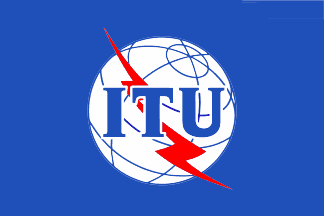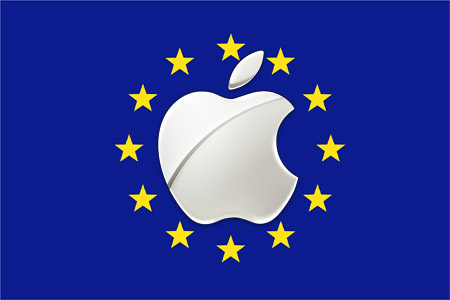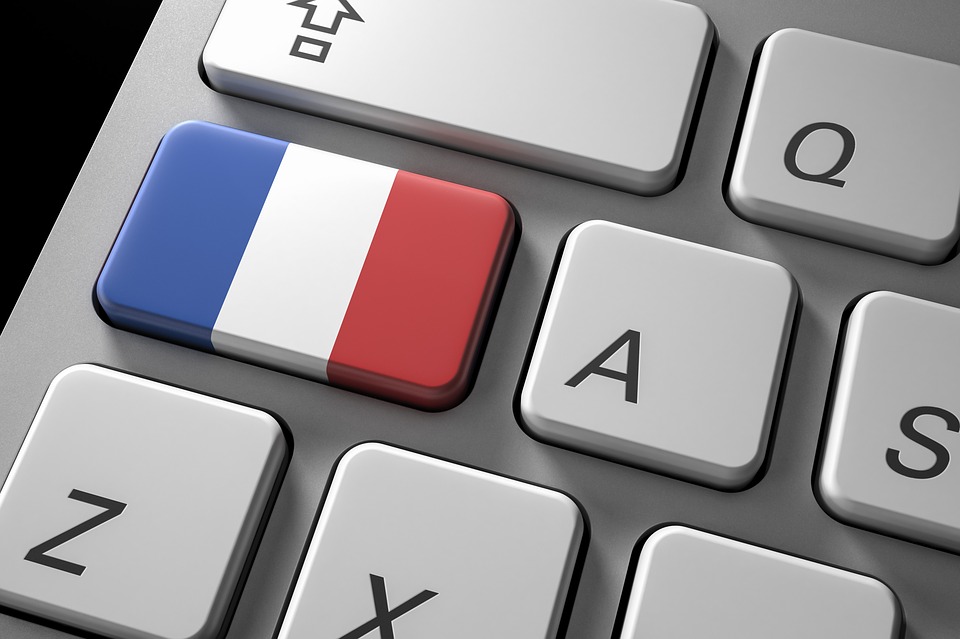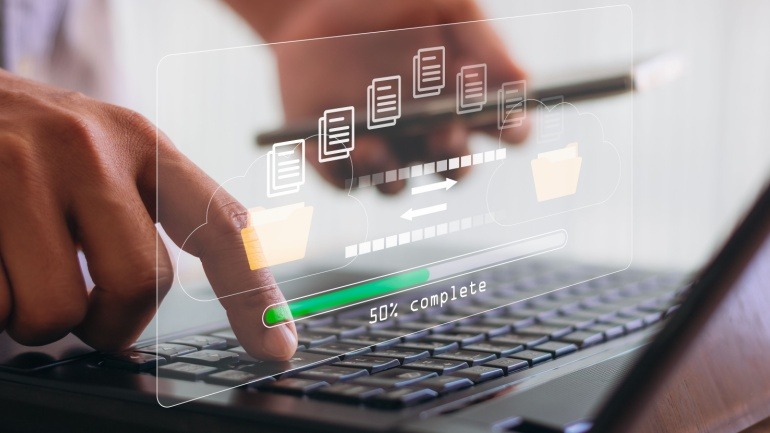The secretary-general of the International Telecommunication Union (ITU), Zhao Houlin, explained at a press conference in Geneva, Switzerland, that infrastructure, investment, innovation and inclusion, or the “4 I’s”. Those pillars for information and communication technology (ICT) will be an obligation to reach the UN Sustainable Development Goals (SDG), especially for the next ten years. Infrastructure are essential to hold any economy based on communication and high tech. The future of digital economy in sustainable cities, will largely be based on the capacity to construct strong equipments for those infrastructures, not only to connect people but also objects. Strong investments are fundamental for the development of ICT. In order to see progress on SDG, innovation in the domain of finance will be needed and a mix between public and private investors is one of the solutions. Opportunity is only possible with innovation, thus small companies that base their growth and survival…
For Andrew Burchik, founder of the Prague based MVNO (mobile virtual network operator) Miracle Tele, the future of mobile operators will be found in Blockchain technology. Miracle Tele is already available in 213 countries. In late April, Miracle Tele allowed its customers to call any destination for €0.2 per minute and data from €0.01 per MB. Miracle Tele is using its own Token called TELE based on ERC20 (Ethereum blockchain) that they want to sell. 150,000,000 TELE are available at €0.1 per token. The sale is not limited in time as it will end when all tokens are sold out. This way the operator allows its users to have a choice: or they use its telecom services like any operator or they “tokenize” their assets and have access to mobile plans by purchasing them with TELE. According to M. Burchik, as smartphones are less a used for conventional communications, operators…
No doubt, “blockchain” is the hottest buzz word being discussed across all industries, and telecommunications is no exception. The blockchain is being proposed for use in various applications in the telecommunications industry, such as securing CDRs, billing data and access logs, ensuring data authenticity or ensuring strict operational procedures. Blockchain will certainly optimize costs by eliminating third-parties such as clearing houses, automating audits and improving fraud detection. However, there is one area where the use of blockchain technology has the potential to not only benefit the operators, but will have a revolutionary impact on the way we all understand, use and protect our identities. The Phone Number as your Digital ID Our phone number is our most valuable digital identity, and will remain the only unique international method of identification well into the future. The PSTN, which is wholly based on the use of phone numbers, is the largest social…
The Irish government announced the signing with Apple of an agreement allowing the payment, in a blocked account, of 13 billion euros tax benefits deemed undue by the European Union. In August 2017, the EU commission said a sweetheart deal devised by the Irish government had allowed Apple to pay tax of just 0.005% in 2014 and an average rate of 1% over many years. Brussels estimates that the US company has paid too little tax in Ireland because of a tax agreement with the country’s authorities, which would have allowed the Government to tax only a tiny part of the billions earned by Apple in Europe. Ireland is home to the European headquarters of Apple, which records all the profits made in this geographical area as well as in Africa, the Middle East and India. The 13 billion euros should be transferred to the blocked account by the end of the…
French researchers are starting to work on the blockchain! Inria, Télécom ParisTech, Télécom SudParis and SystemX signed a framework agreement on Tuesday March 6th, to coordinate their research efforts in the blockchain area. Called “Bart” (Blockchain Advanced Research & Technologies), this initiative will last for six years and will mobilize thirty researchers. Its aim is to remove the technological barriers that slow down the deployment of blockchain-driven data storage, a technology which is currently attracting the interest of many industries. Three main challenges will be addressed: 1 – Scaling up In one second, six or seven transactions took place on the Bitcoin blockchain, versus several thousand for the Visa credit card system. This slowness limits the use of the blockchain on a larger scale. The problem is due to the validation technique required for transactions, with transactions being grouped into blocks that must be validated by a computer calculation process called mining. Typically, it takes about…
This article has been updated. Here is the updated version: Can Blockchain Globalize Number Portability?
The 2017 IP EXPO Europe was the greatest IT conference of the year for CIOs, heads of IT, security specialists, heads of insight, tech experts and organizations looking to innovate and evolve through technology. Focusing on six IT themes, the event’s 12th edition brought together more than 300 exhibitors from different parts of the technology sector and 300 free seminar sessions at ExCel in London on 4 and 5 of October. Across both days, Artificial Intelligence (AI) was the main topic of discussion, with Stuart Russell, Professor of Electrical Engineering and Computer Sciences at UC Berkley and AI-pioneer providing powerful insights on the reality of AI and whether or not we, as humans, should be concerned about its evolution. “It seems very likely that at some point we will have machines that are more intelligent than human beings,” said Professor Russell in one of his presentations. However, AI wasn’t the…
Next Caller – the three-year-old startup based in New York- provides the most advanced caller identification system to any business vulnerable to phone fraud. Generally, this includes banks, financial institutions, retailers, and government agencies. Though as companies strengthen and improve their fraud detection structure, so do fraudsters refine their tactics to attack, costing businesses more money and time, and making life more difficult for real customers. The most recent fraudulent method has been phone spoofing – when criminals manipulate their phone number and trick a business into thinking that they are a real customer. The technology created by Next Caller allows companies to instantly verify caller identities, certify phone numbers, and flag all forms of call spoofing by analyzing data before, during, or after the call, then delivering a threat-level analysis in milliseconds. This system enables businesses to take action faster when suspicious calls are detected and to validate real customers ensuring…
Datadobi’s launch of StorageMAP 7.1 revolutionizes VoIP data management with enhanced scalability and performance. The Unstructured Data Mobility Engine tackles large data volumes effortlessly, while the HDI Archive Appliance Bypass accelerates data migration.
MetTel’s new role as a Starlink Authorized Reseller enhances connectivity with low-Earth orbit satellites. This partnership expands voice over IP accessibility, ensuring high-speed, low-latency communications.












